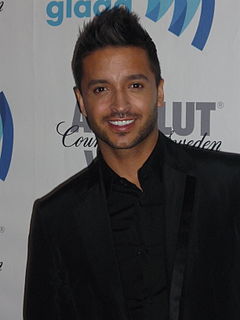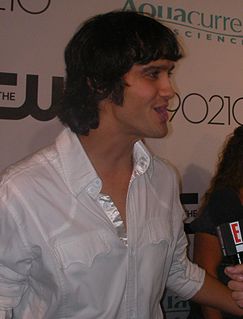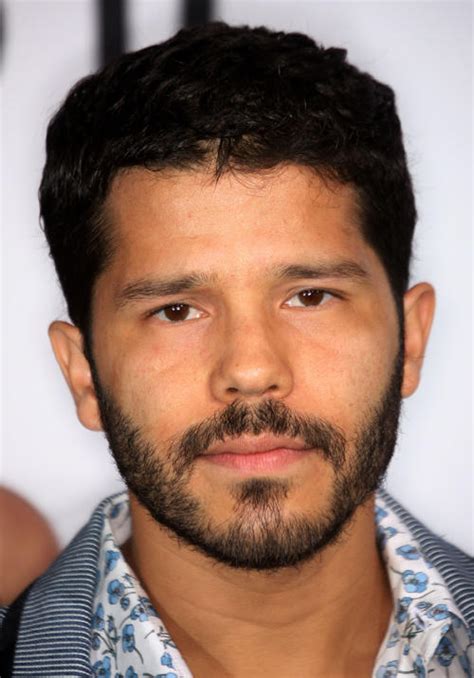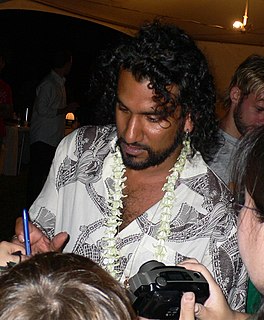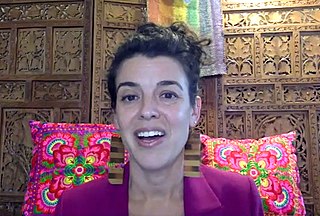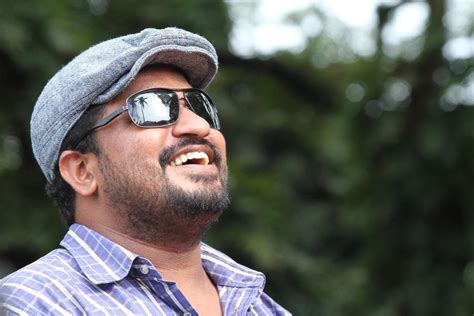A Quote by Jai Rodriguez
The number of Latino roles is very limited, and it's unfortunate there isn't more color-blind casting.
Related Quotes
People ask me: "Do I consider myself to be a Latino writer?" "What does it mean to be Latino?" Those are very strange questions to answer , but feminism is easier because it's just an ideology, a way I live my life. And absolutely in the most political sense I try to sit down and write very strong female roles.
If you just look at the number of roles for women versus the number of roles for men in any given film, there are always far more roles for men. That's always been true. When I went to college, I went to Julliard. At that time - and I don't know if this is still true - they always selected fewer women than men for the program, because there were so few roles for women in plays. That was sort of acknowledgment for me of the fact that writers write more roles for men than they do for women.
